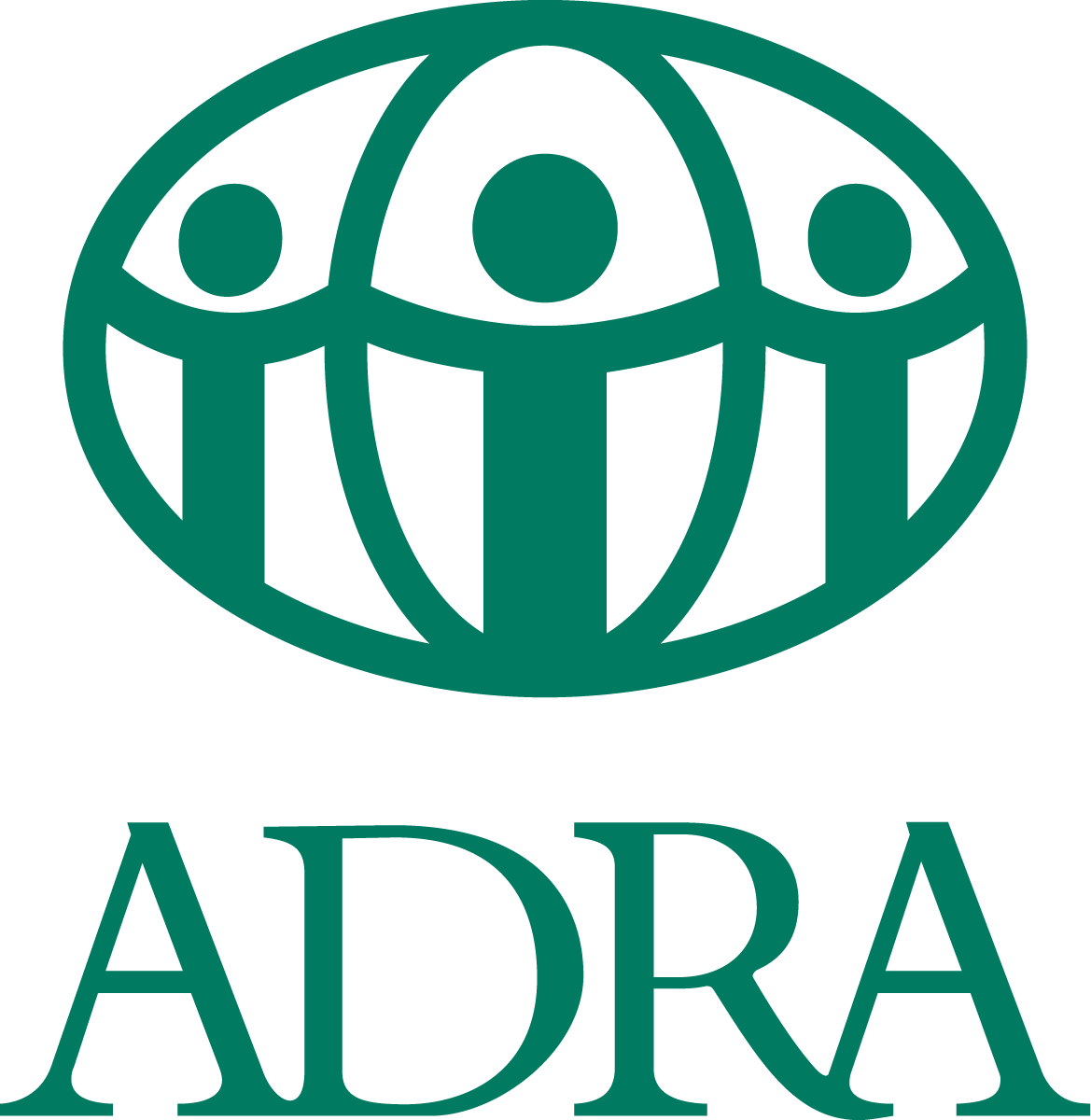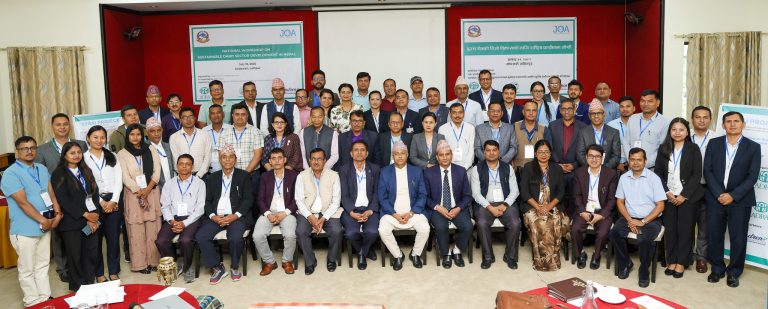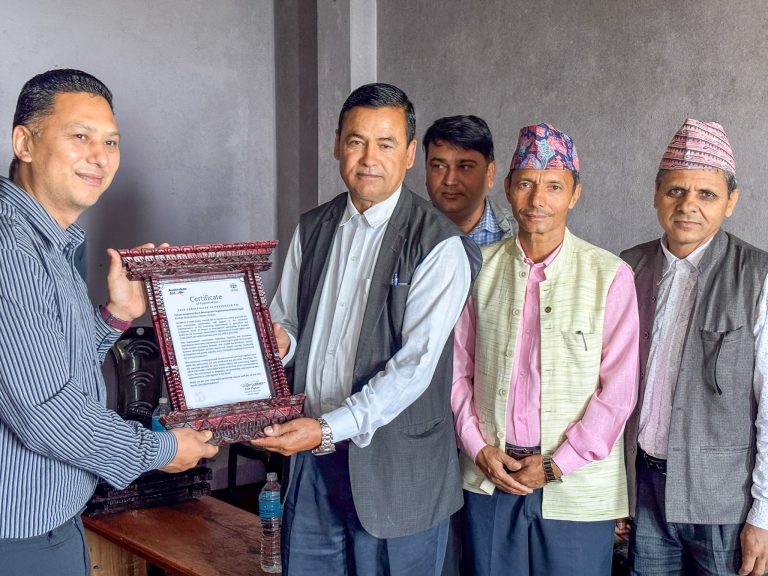Livelihoods
help break the cycle of poverty
10% of the world lives on less than $1.90 a day. Some of the biggest tools to fight poverty come from the simplest solutions – training, loans, seeds, animals, and access to marketplaces. Helping people provide for themselves creates change that can be seen for generations. Women in particular experience the positive effects by being able to enter a marketplace previously closed to them and providing dependable income, self-reliance, and even safety, to them and their children.
What we do
ADRA Nepal supports vulnerable communities, in particular marginalised groups and women, to attain better livelihood opportunities by:
– hands on training in agricultural technologies
– innovative practises to improve resilience to climate change
– small hold farmers connected to value chains
– development of community multi use water supplies
– increased yields and sales
– cooperative savings and credit groups
– climate change education and resiliency actions
IMPACT
38,026 lives changed
PROJECTS
SAHAS
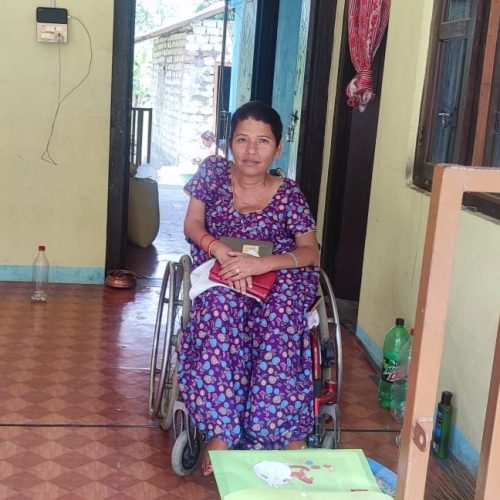
Project SAHAS is a 12-month project aimed at promoting the economic and social inclusion of people with disabilities in Madhesh Province, with a special focus on women with disabilities. The project targets three municipalities in Mahottari district, where disability-related stigma, exclusion, and poverty remain prevalent. Project SAHAS seeks to empower people with disabilities through skill development, entrepreneurship support, and improved access to services, while also strengthening local institutions such as Organizations of People with Disabilities (OPDs) and municipal bodies to advocate for disability rights and inclusive development. It will also engage in GEDSI (Gender Equality, Disability, and Social Inclusion) awareness, Gender Based Violence (GBV) prevention, and inclusive celebration of key events.
RELIEF
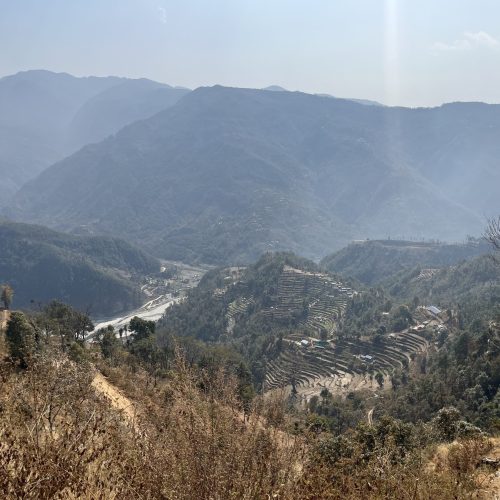
The RELIEF (Resilient Livelihood and Enhanced Food Security in Northern Dhading) project will directly work with 1,600 households, the majority of which belong to ethnic minorities and underprivileged people, such as Tamangs and Dalits. The main objective of the project is to improve food security and climate resilience of the community by increasing food availability, accessibility, and income diversification while strengthening climate adaptive capacity through gender-sensitive project actions. We are working with local partner PRAYAS Nepal. The project is funded by the Canadian Foodgrains Bank and ADRA Canada and will run from January 2024 to December 2026, spanning three years focusing on remote Rural Municipalities in Dhading district.
Samvardhan
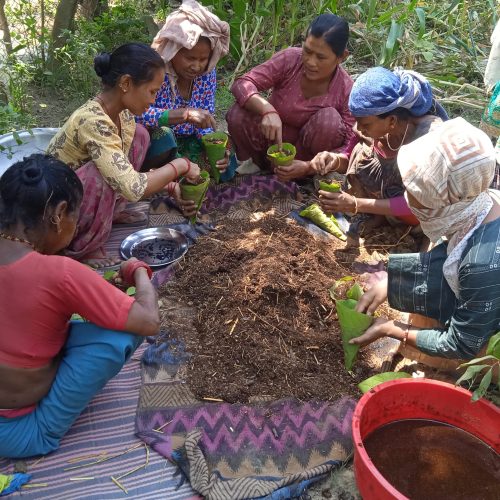
Project Samvardhan is a 4-year project aimed at conserving the ecosystem and biodiversity of key forest areas in Banke and Bardiya districts, while enhancing the livelihoods of the poor marginalized Dalit and Janjati forest-dwelling communities who rely on forest resources for their daily living. The project will work with forest user groups, farmer groups, civil society organizations, and public and private stakeholders in the conservation, sustainable utilization, and restoration of biodiversity and ecosystems. Project Samvardhan is funded by the European Union, Austrian Development Cooperation via ADRA Austria and implemented by ADRA Nepal and partners ANSAB Nepal, BEE GROUP and FECOFUN.
TERAI
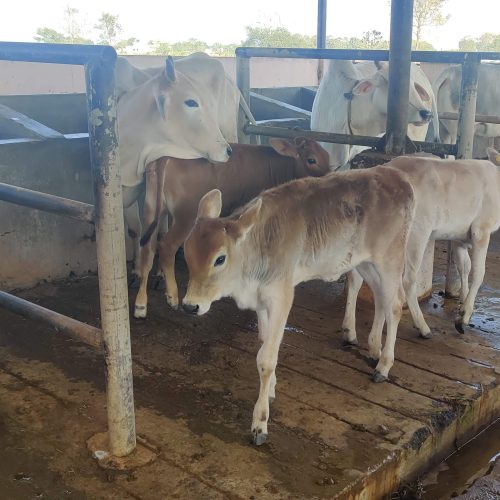
The Enhanced Rural AI (TERAI) Project for Smallholder Dairy Farmers in Nepal will run from 2022 – 2026 and will work with smallholder farmers in four local governments of Rupendehi and Kapilvastu districts. It is funded by Jersey Overseas Aid and implemented by ADRA Nepal in partnership with Forum for Rural Welfare and Agricultural Reform for Development (FORWARD Nepal) and Indreni Rural Development Centre.
It aims to reduce poverty and improve the livelihoods of smallholder farmers through increased income and resilience dairy farming. The project will directly benefit 3,600 farmers and over 17000 people indirectly by enhancing farming practices (health care, breed, nutrition and housing management of animals) and techniques to improve milk output, collection and processing as well as improving business and connecting them to the actors of milk value chain and markets.
GOAL II
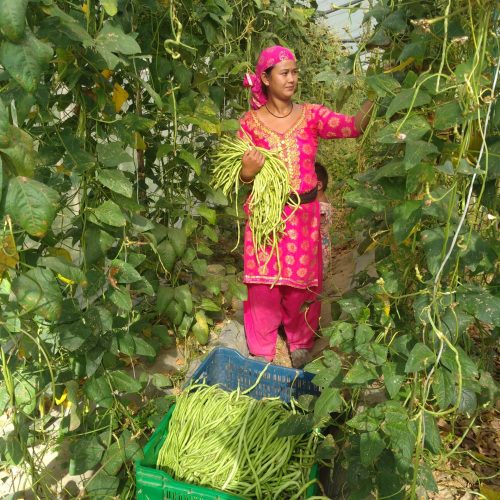
The “Generating Opportunities in Agriculture and Livelihoods (GOAL-II)” project will run from July 2019 to July 2024 working with 4100 households in Rolpa district. GOAL II is funded by DFAT and ADRA Australia with a total budget of USD 1,430,063.
